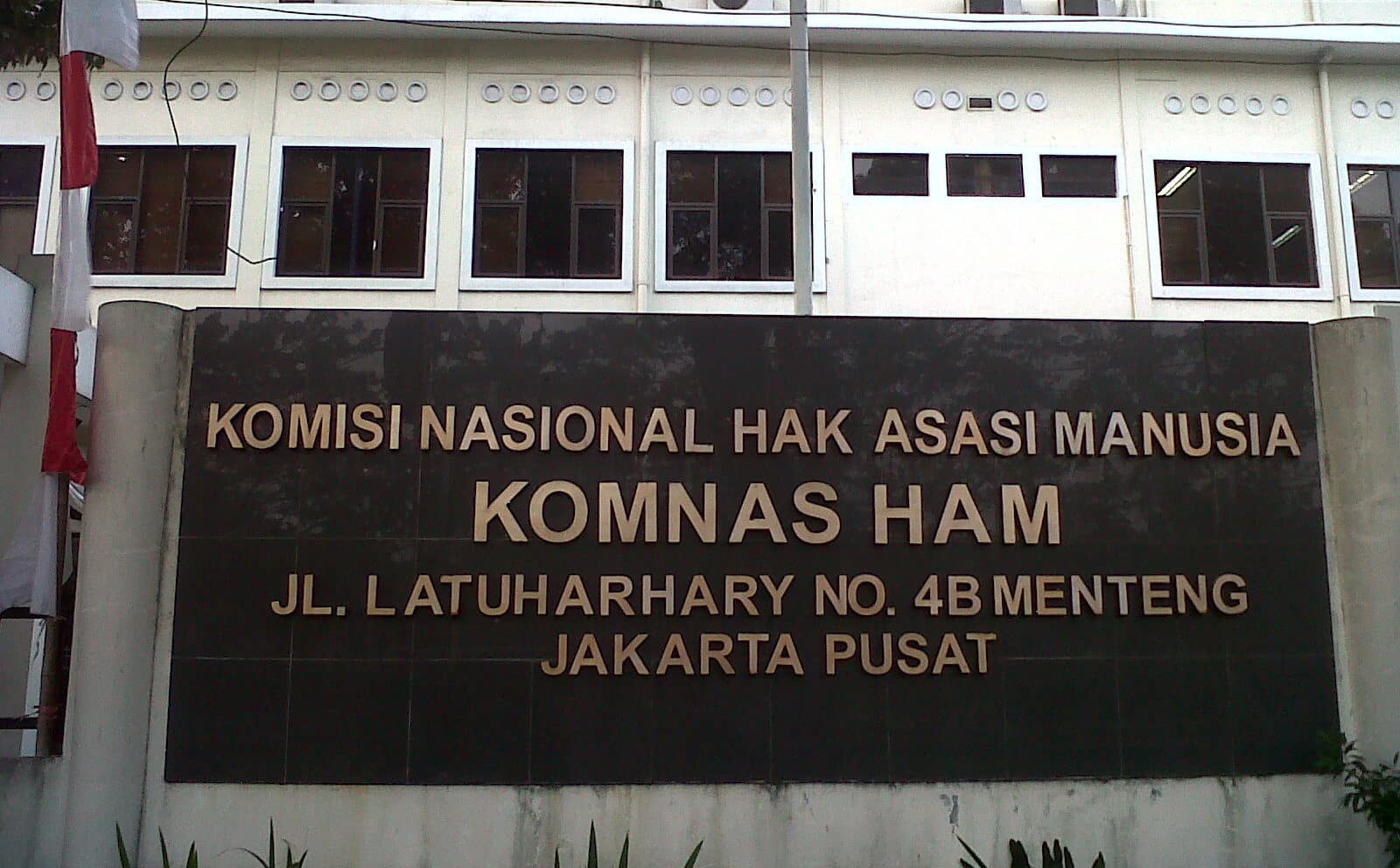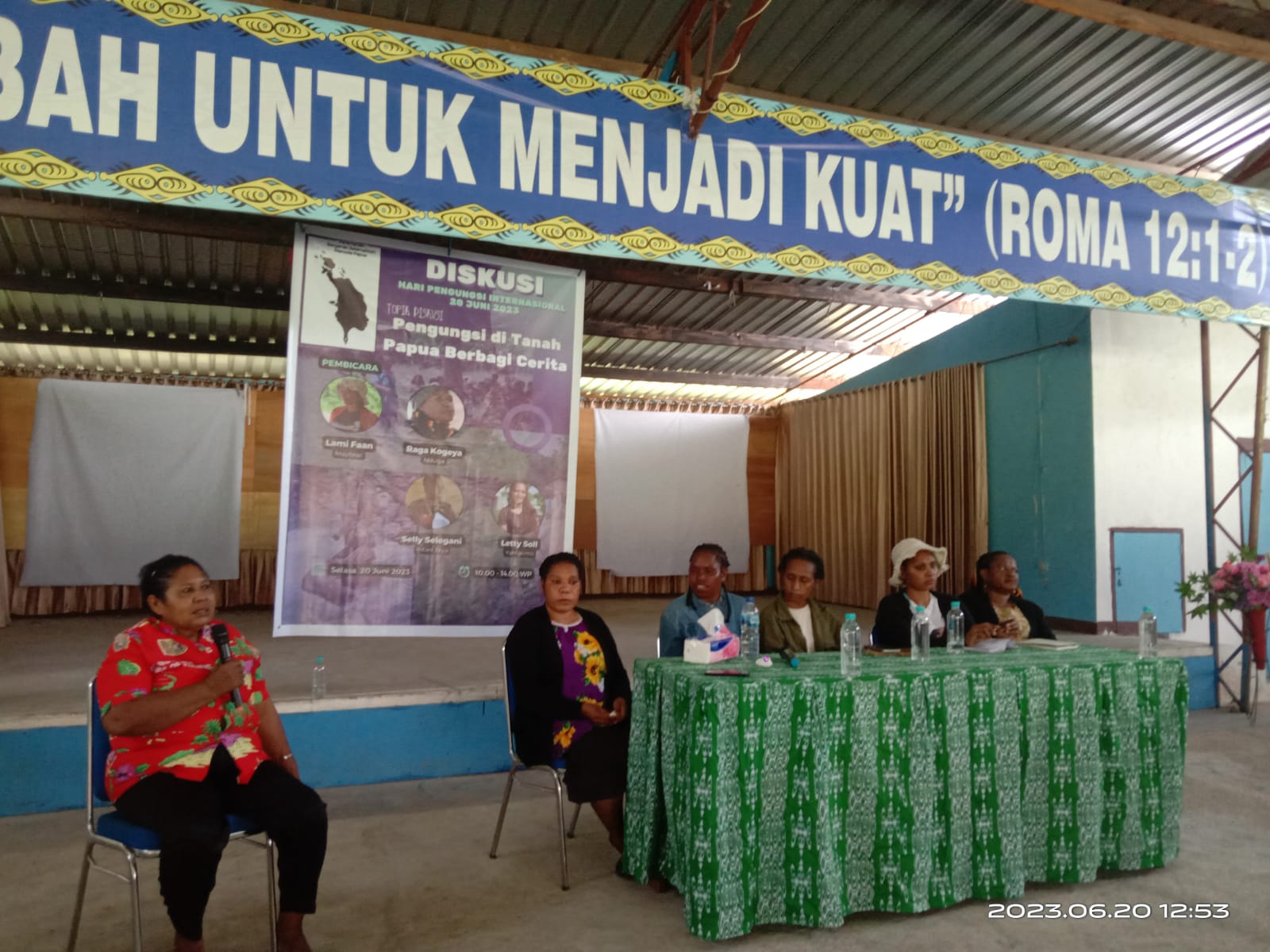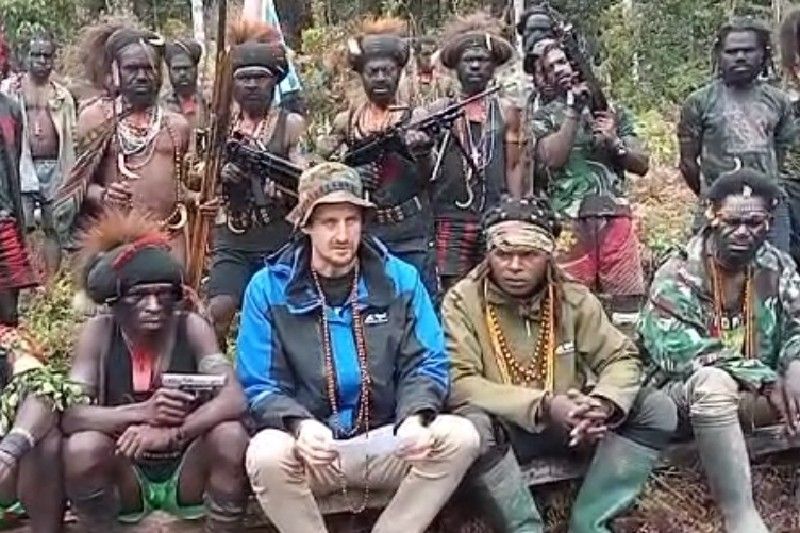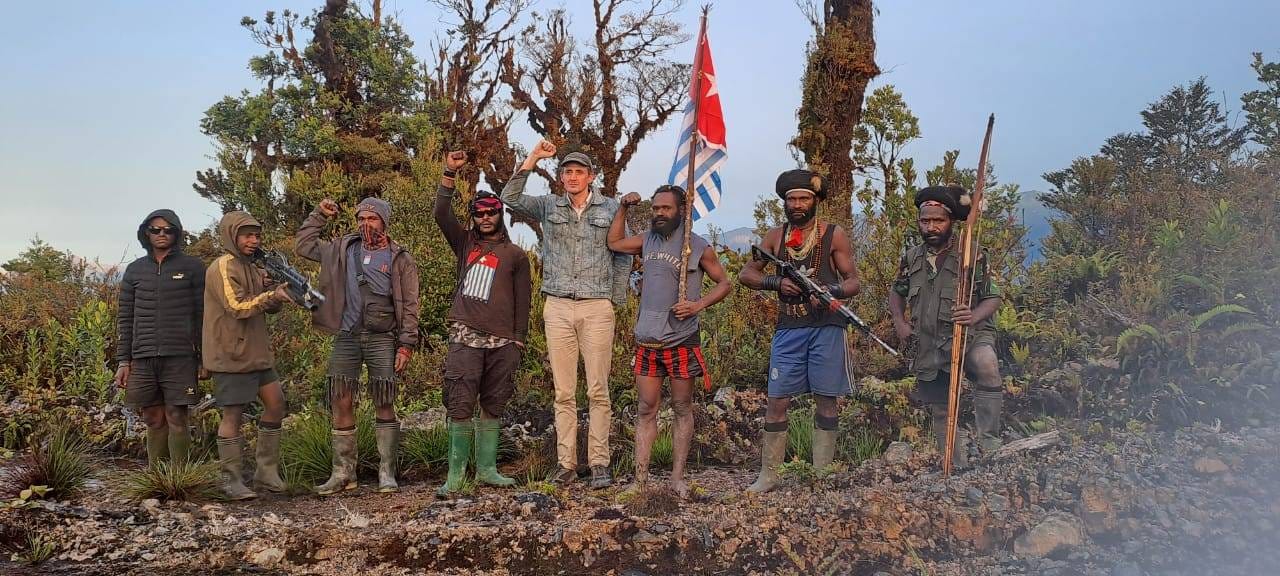
Moanemani, Jubi – The Coalition to Save Komnas HAM has released track record and competence of 60 candidates for KOMNAS HAM commissioner last weekend.
The civil society coalition has undertaken tracking on 60 candidates that includes indicators of Capacity, Integrity, Competence and Independence of Candidates for KOMNAS HAM members which should be an important consideration in determining whether or not a candidate is eligible to proceed to the next stage of selection.
Based on the coalition release received on July 4, the results assessment showed only 19 candidates who have very good competence, 23 candidates have only good enough competence and 5 candidates still have to go into human rights issues.
“There were also five candidates who refused to provide information and seven candidates did not provide whole information,” Zico Mulia, a member of the coalition as quoted saying in the release.
In terms of Independence they also found 13 people who turned out to be affiliated to political parties, 13 people affiliated with industry/corporation and 9 people have links with radical organizations or groups.
In terms of capacity there are 11 people who have problems in terms of cooperation, 16 people in terms of communication, 9 people in terms of decision-making, 12 people in terms of performance, and 12 people have problems in carrying out managerial principles.
In terms of integrity, there were 5 people found to relate in issues of corruption/gratification, 11 people have trouble in honesty, 8 people related to sexual violence and 14 people have problem in diversity issue.
Currently selection process of commissioner in the period of 2017-2022 has entered the stage of selecting 28 best candidates. Earlier 60 candidates had attended Public Test on May 17-18.
“From the results of the search we conducted an objective assessment involving independent experts from academic circles, formerly elected commissioners and experts,” said Zico.
The assessment has been submitted to the Candidate Committee of Komnas HAM Commisioner Candidates 2017-2022 Monday (Juli 3).
“Our effort is one stage of the process of guarding the selection that we are still going to do in the future. Our main goal is to strengthen and reform Komnas HAM in order to improve the quality of human rights enforcement of every Indonesian citizen,” said Zico.
2012-2017 period of decline
According to the coalition, the National Commission on Human Rights as an institution mandated by Law (Act 39 of 1999 on Human Rights, Law 26 of 2000 on Human Rights Court and Law No. 40 of 2008 on the Elimination of Racial and Ethnic Discrimination) to conduct Supervision, Protection and Enforcement of human rights, in the period 2012-2017 has experienced a drastic decline.
Evaluation reports from Civil Society Alliance to Save the National Commission for Human Rights (Komnas HAM) evaluates that there are a number of bad records, including poor performance accountability; unequal capacity and understanding of human rights among the commissioners; no independence, integrity and credibility; as well as the existence of institutionalized corruption and maladministration findings based on audit reports of the Supreme Audit Agency (BPK).
However, Komnas HAM Commissioner from Papua, Natalius Pigai in Jayapura at the end of June, felt that Papuan human rights cases were getting more attention during his administration.
For Pigai, because the authority of KOMNAS HAM is limited in accordance with the mandate of the Act, the attention of mass media and international pressure to human rights cases in Papua has been an important achievement of KOMNAS HAM during his time.
“So do not demand the settlement of human rights violation cases on KOMNAS HAM, because it is not mandated, but the speed of monitoring on various cases of alleged human rights violations, especially in Papua, and public disclosure through mass media, is an important achievement,” he said. (*)
















